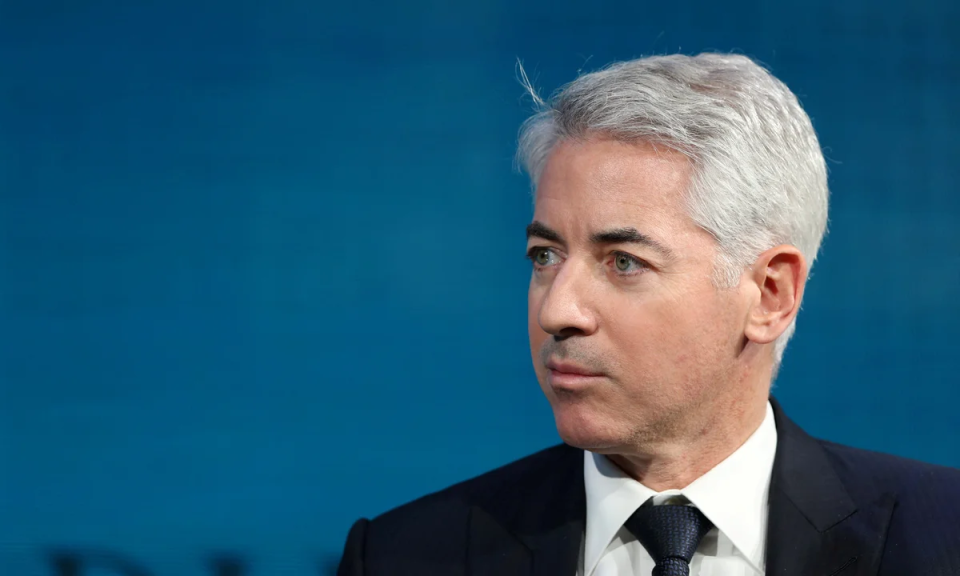Billionaire hedge fund manager Bill Ackman, founder of Pershing Square Capital Management, has issued a stark warning about the potential consequences of President Donald Trump’s sweeping tariff policies. Ackman, who supported Trump during his 2024 presidential campaign, now cautions that the U.S. risks plunging into a “self-induced economic nuclear winter” unless drastic action is taken to reassess these measures.
Ackman’s concerns come as Trump’s administration rolls out a series of tariffs that impose a 10% baseline duty on imports from over 180 countries, with China facing the highest rates at 54%. These tariffs aim to address longstanding trade imbalances but have sparked fears of a global economic conflict. Ackman argues that the approach, placing “massive and disproportionate tariffs” on both allies and adversaries, is undermining confidence in the U.S. as a trading partner and investment destination
Ackman’s current warnings contrast sharply with his comments from December 2024, when he expressed optimism about Trump’s ability to address unfair trade practices. At the time, Ackman praised Trump for elevating tariffs as a critical geopolitical issue and believed the administration could negotiate better trade deals to benefit American industries. However, he cautioned that success depended on maintaining global trust and confidence in the U.S. as a reliable business partner.
Fast forward to April 2025, Ackman’s tone has shifted dramatically. In a series of posts on X (formerly Twitter), he called for a 90-day “time-out” on the tariff policies, warning that their continuation could lead to halted business investments, reduced consumer spending, and widespread economic hardship. “Business is fundamentally a confidence game,” Ackman stated. “The president is eroding the trust of business leaders worldwide”.
Ackman warned that continuing with the proposed tariff policies without reconsideration could have severe economic repercussions. He emphasized that businesses might freeze investment decisions, as CEOs and boards would be reluctant to make long-term commitments amidst what he termed an “economic nuclear war,” potentially hindering innovation and growth. Additionally, higher costs from tariffs could lead to a decline in consumer spending, further straining low-income households already grappling with inflationary pressures. Small businesses and entrepreneurs would face significant challenges, as they often lack the financial flexibility to absorb or pass on these sudden cost increases, leaving them disproportionately affected.
Ackman emphasized that these effects would ripple across industries, potentially leading to layoffs and reduced economic activity nationwide.
Ackman urged Trump to pause the tariffs for 90 days and use this window to renegotiate trade agreements with affected nations. He argued that such a move could restore confidence in U.S. markets and attract trillions of dollars in new investments. “The president has an opportunity to execute on fixing an unfair tariff system,” Ackman said. “Alternatively, we are heading for a self-induced economic nuclear winter”.
While Trump remains steadfast in his belief that tariffs will generate jobs and revenue for the U.S., critics, including Wall Street leaders like Jamie Dimon, have echoed Ackman’s concerns. Dimon warned that these policies could elevate inflation and increase recession risks, urging swift resolution to mitigate long-term damage.
Ackman’s warnings highlight the delicate balance between addressing trade inequities and maintaining global economic stability. As markets react negatively to Trump’s tariff rollout, with major declines in Europe and Asia, business leaders are calling for cooler heads to prevail. Whether Trump will heed these calls remains uncertain.
For now, Ackman’s message is clear: confidence is key in business, and without it, America risks losing its standing as a global leader in trade and investment, a scenario with profound implications for businesses large and small alike.

